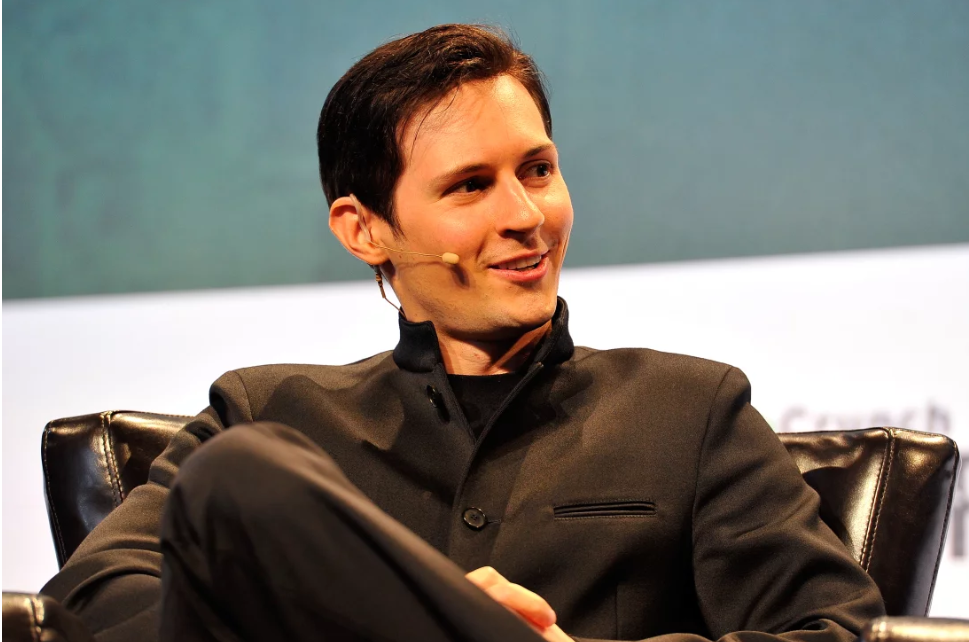Pavel Durov, the CEO of Telegram, was arrested by French police after landing at Le Bourget Airport, just north of Paris. French media reported that Durov, a 39-year-old billionaire, was detained under a warrant related to alleged offenses involving Telegram, the popular messaging app he founded.
Authorities suggest the investigation revolves around inadequate moderation on Telegram, accusing Durov of failing to prevent the app’s misuse for criminal activities. The app has been criticized for not cooperating with law enforcement in cases involving drug trafficking, child exploitation, and fraud. However, Telegram has consistently denied these accusations, insisting its moderation practices are sufficient.
Durov, who was born in Russia and now resides in Dubai, holds dual citizenship in the United Arab Emirates and France. Telegram, while headquartered in Dubai, remains highly popular in Russia, Ukraine, and other former Soviet states. The app was banned in Russia in 2018 after Durov refused to hand over user data to the government, but the ban was lifted in 2021.
As one of the leading social media platforms, Telegram ranks alongside giants like Facebook, YouTube, and WhatsApp. Durov launched Telegram in 2013, a year before leaving Russia after he resisted government demands to shut down opposition groups on his VKontakte platform, which he later sold.
In response to Durov’s arrest, the Russian Embassy in France expressed concern, stating on Facebook that it was working to understand the reasons for the detention and to ensure Durov’s rights were protected. The embassy also criticized French authorities for not cooperating with Russian officials.
On Sunday, the Russian Embassy in France wrote on Facebook that it was seeking to “clarify the reasons for the detention and to provide for the protection of Mr Durov’s rights and facilitate consular access”.
Maria Zakharova, the Russian Foreign Ministry spokeswoman, took to Telegram to question whether Western human rights organizations would remain silent on Durov’s arrest, drawing parallels to their criticism of Russia when it restricted Telegram’s operations in 2018. Several Russian officials also condemned the arrest, claiming it highlighted the West’s double standards regarding free speech and democracy.
Edward Snowden, an American whistleblower living in exile in Russia since 2013, called Durov’s arrest an attack on fundamental human rights like freedom of speech and association. Elon Musk, the owner of X (formerly known as Twitter), also weighed in, expressing support for Durov and criticizing the situation through multiple posts, including the hashtag #freepavel.
Telegram has often faced scrutiny for allowing large groups of up to 200,000 members, which critics argue can facilitate the spread of misinformation and extremist content. In the UK, the app recently came under fire for hosting far-right channels that played a role in organizing violent unrest in several cities.
While Telegram did remove some of these groups, cybersecurity experts argue that its overall approach to moderating illegal and extremist content remains much weaker compared to other social media platforms.




